Our picks for books, videos, websites, and other social justice resources 39.3
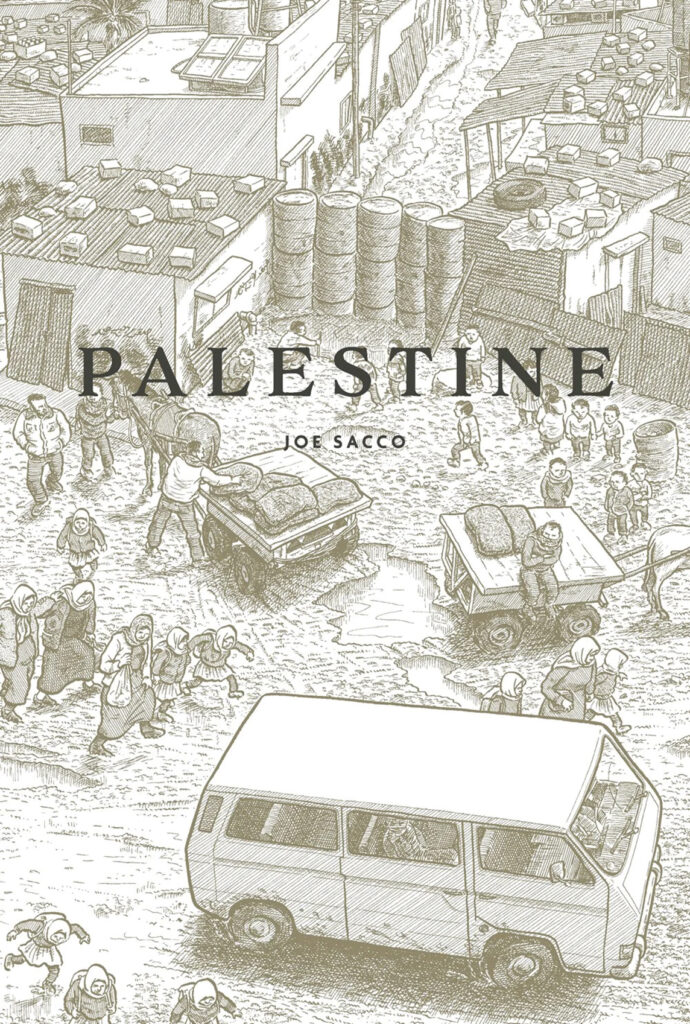
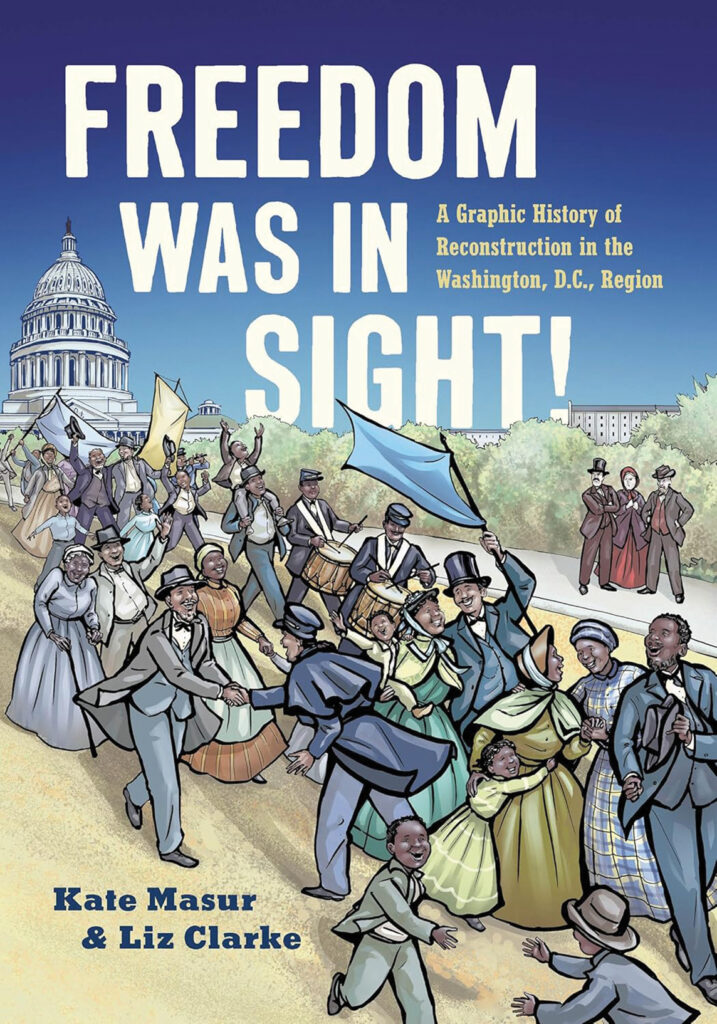
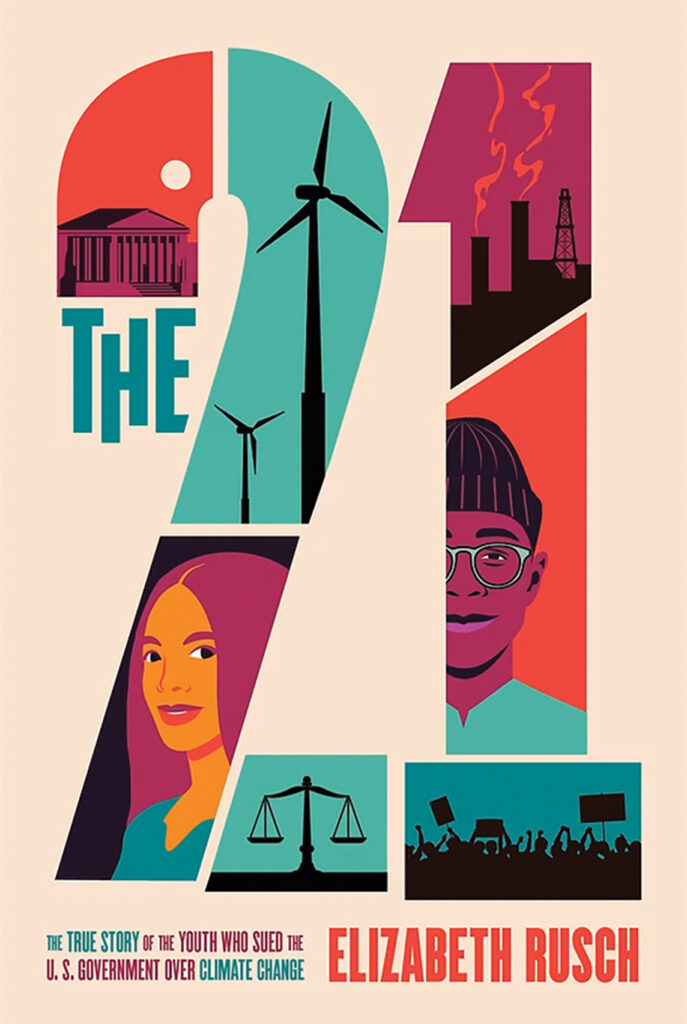
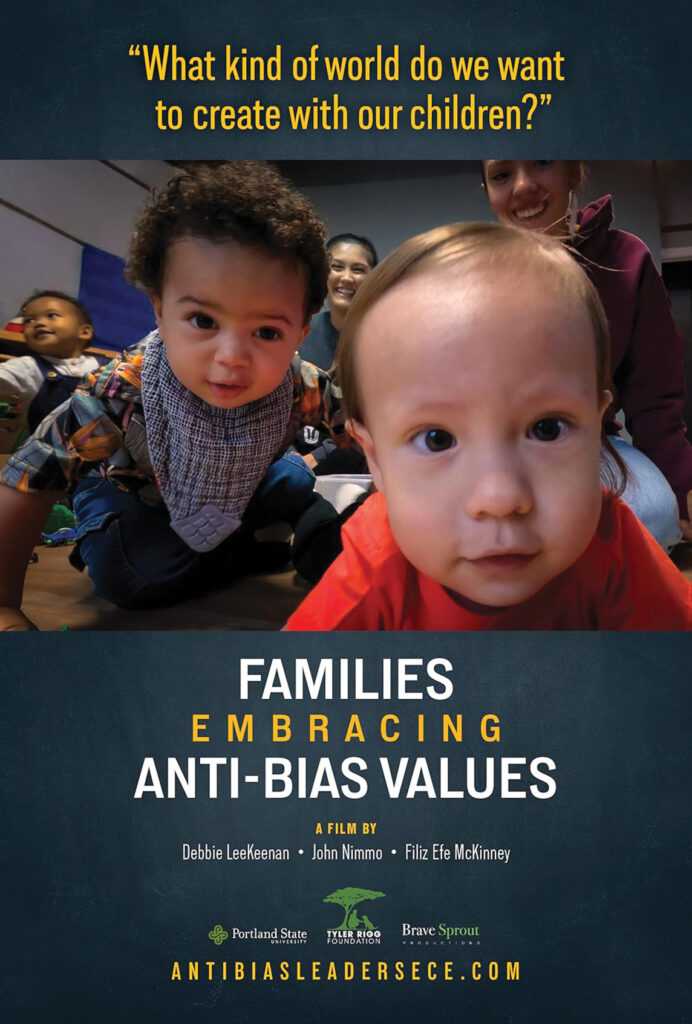
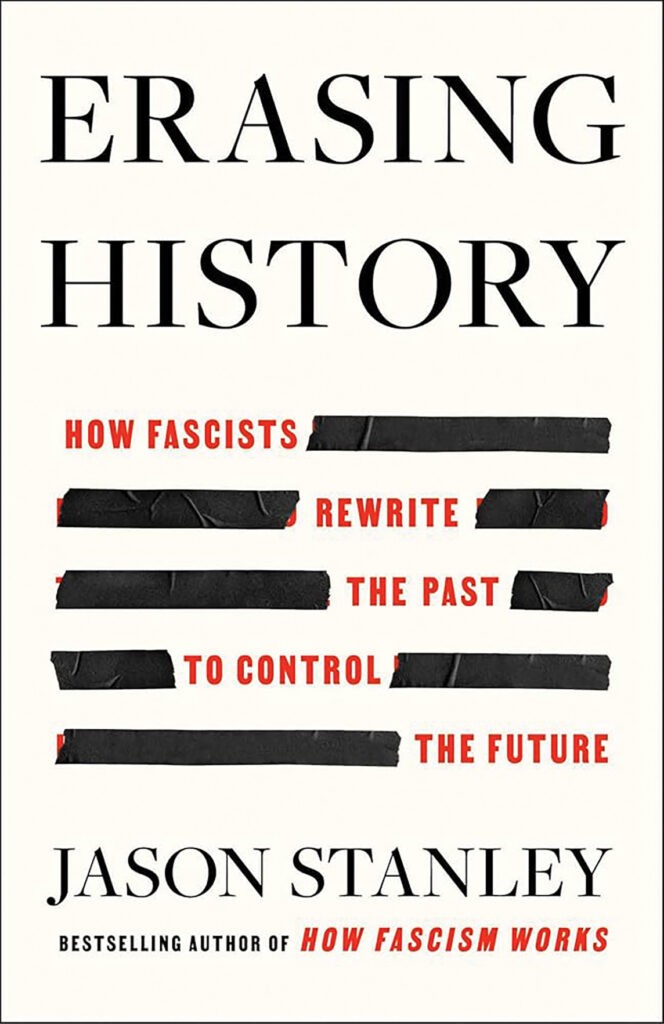
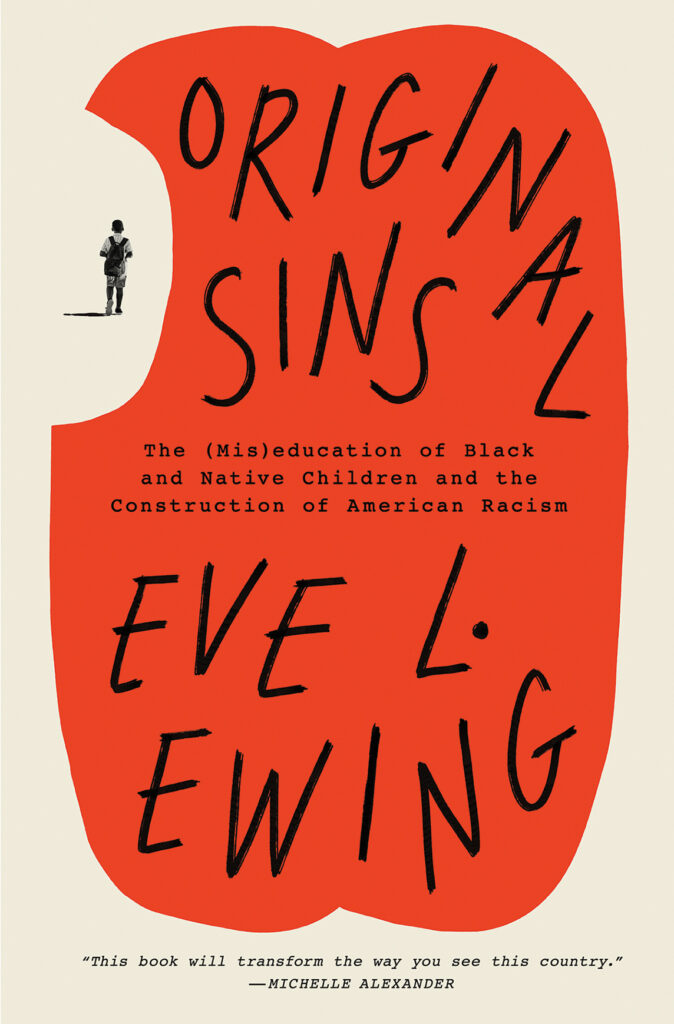

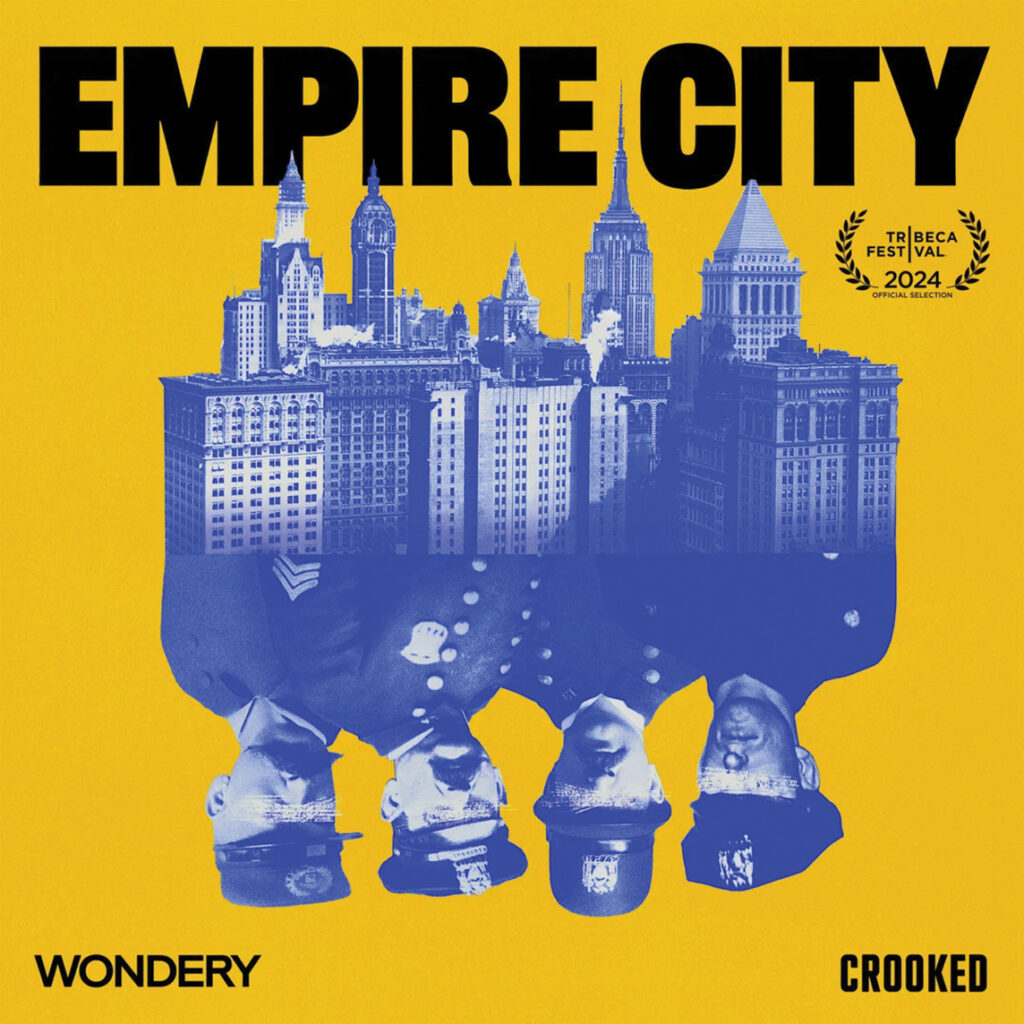
Picture Books

We Are the Builders!
By Deepa Iyer
Illustrated by Romina Galotta
(Simon & Schuster, 2024)
40 pp.
We Are the Builders! is an inviting children’s book told through lyrical rhyme that introduces young learners to the concept of community organizing and how everyone has a role to play in supporting their community. The story takes the reader through a neighborhood Community Day, where children learn about different roles from the Social Change Ecosystem Map (e.g., caregivers, builders, weavers, healers, and storytellers). They meet builders tending to furniture, storytellers preserving community histories, weavers engaging in restorative justice, visionaries dreaming new futures, and more. The book includes several reflection questions that encourage readers to consider their role in the community — and what is possible when communities work together.
Curriculum

Palestine
By Joe Sacco
Forward by Edward Said; afterword by Amira Hass
(Fantagraphics, 2024)
288 pp.
First published as a series of comics beginning in 1991, Palestine is cartoonist Joe Sacco’s chronicle of his time in the West Bank, East Jerusalem, and Gaza during the First Intifada, which began in 1987. Sacco is a self-deprecating guide, happy to admit his fear, discomfort, and ignorance. But he is endlessly curious and respectful of the diverse Palestinians he encounters. This is not a fist-in-the-air narrative. As the Palestinian scholar Edward Said writes in his foreword to the book’s first edition, “The people [Sacco] lives among are history’s losers, banished to the fringes where they seem so despondently to loiter, without much hope or organization, except for their sheer indomitability, their mostly unspoken will to go on, and their willingness to cling to their story, to retell it, and to resist designs to sweep them away altogether.” Sacco’s illustrated stories offer some background to today’s unfolding Palestinian genocide. Israeli sadism and casual cruelty weave through the book. But as the courageous Israeli journalist Amira Hass comments in her afterword: “Now, wandering through time and space, we can say, ‘You think the Israeli violence and repression of 1990–91 was bad? You should see 2023–24.’”

Freedom Was in Sight: A Graphic History of Reconstruction in the Washington, D.C., Region
By Kate Masur
Illustrated by Liz Clarke
(University of North Carolina Press, 2024)
192 pp.
Freedom Was in Sight is a brilliant graphic history that breathes life into Reconstruction, one of the least understood and most pivotal eras in the United States. At the outset, author Kate Masur and illustrator Liz Clarke introduce Emma V. Brown, who in 1864 became the first African American teacher in the capital city’s public schools. Brown appears as a character and a guide through each chapter, often addressing readers directly as they weave through communities and halls of power where the wartime destruction of slavery and the second founding of the country took shape. This story brings together common anchors of K–12 curricula, like Frederick Douglass and the passage of the Reconstruction Amendments, with lesser-known figures and events to express the profound hopes, losses, and legacies of this first U.S. experiment in multiracial democracy. Freedom Was in Sight brims with vibrant imagery, rich narrative, and careful sourcework to convey in the clearest terms: Everyday people make extraordinary strides toward justice.

The 21: The True Story of the Youth Who Sued the U.S. Government Over Climate Change
By Elizabeth Rusch
(Greenwillow/HarperCollins, 2023)
400 pp.
The 21 offers an inspiring example of young people who challenge the status quo. Based on the landmark court case Juliana v. United States, the book reads like a courtroom thriller and is a must-read for young people who want to act against climate change. Although the narrative includes dense legal details and extended descriptions of hearings and trials, the personal stories of the 21 plaintiffs are both relatable and inspiring. The plaintiffs are a diverse group of students — white, Black, Indigenous, Latinx, neurodivergent, transgender, nonbinary. Their complaint asserts that, through the federal government’s manifold actions that cause climate change, it has violated the youngest generation’s constitutional rights to life, liberty, and property. More than a story about ongoing legal battles, the book is filled with evocative personal stories told in the voices of many of the 21 young activists.
Website

Air Toxics at School Database Political Economy Research Institute
Co-directors: Michael Ash and James Boyce
University of Massachusetts Amherst
peri.umass.edu/air-toxics-at-school
This interactive screening tool tracks air pollution from 15,600 industrial sites at more than 130,000 U.S. schools. The Political Economy Research Institute describes the aim of this resource: “The tool provides toxicity-weighted concentrations of pollutants, highlighting the health risks students and staff may face due to industrial emissions. It uses data from the U.S. Environmental Protection Agency (EPA) and the Department of Education, matching 131,325 schools with pollution from nearby large industrial sources such as factories, refineries, petroleum depots, metal mining sites, and toxic waste facilities.” What a wonderful resource to engage students in investigating — and challenging — the sources of air pollution in a school community. As the authors explain: “Users can search for any school in the United States by name or location to receive a detailed pollution report, listing nearby industrial facilities and the toxic chemicals they release within a 31-mile radius. The report also provides a comparative ranking of the school’s exposure to industrial pollution relative to others in the state and across the country.” Check it out. Use it with students to prompt questions and activism.
Film

Families Embracing Anti-Bias Values
Directed by Filiz Efe McKinney
Produced by Debbie LeeKeenan and John Nimmo
(2024)
Available at antibiasleadersece.com
50 min.
A companion to their classroom-based teaching film Reflecting on Anti-Bias Education in Action: The Early Years, Debbie LeeKeenan and John Nimmo’s new documentary lifts up the social justice journeys of parents and caregivers. In Families Embracing Anti-Bias Values, families with diverse intersecting identities share how to foster their children’s positive social identities, nurture community, and embrace difference. A free guidebook with helpful discussion prompts and further resources — including related picture books — is available on the film’s website.
History / Politics

Erasing History: How Fascists Rewrite the Past to Control the Future
By Jason Stanley
(Simon and Schuster, 2024)
256 pp.
In Erasing History Jason Stanley exposes the ways authoritarian regimes manipulate historical narratives to maintain power. He provides compelling examples from around the world, showing how political leaders restrict access to historical truths by banning books, censoring curricula, and criminalizing educators who challenge official narratives. Stanley demonstrates how attacks on education and historical memory support authoritarianism, undermining public understanding of past struggles for justice. By showing how history is weaponized to advance political agendas, Stanley underscores the importance of preserving historical truth as a safeguard against authoritarian rule. Stanley doesn’t just diagnose the problem — he also offers strategies to resist these attacks, from advocating for historical literacy to supporting educators under fire. Erasing History is an essential read for educators, activists, and anyone concerned with attacks on anti-racist education and the rising threat of fascism. Stanley’s book serves as both a warning and a call to action.

Original Sins: The (Mis)education of Black and Native Children and the Construction of American Racism
By Eve L. Ewing
(One World, 2025)
616 pp.
In Original Sins sociologist and educator Eve L. Ewing presents a searing examination of how the U.S. education system perpetuates racial hierarchies. Ewing argues that, contrary to the ideal of schools as equalizers, schools have enforced white supremacy, aiming to “civilize” Native students and prepare Black students for subservience. Ewing explores the systemic mechanisms that uphold these inequities, such as standardized testing, academic tracking, and disciplinary policies that disproportionately affect Black and Native students. She shows how these practices are embedded in the very framework of the educational system. Ewing illuminates the enduring legacy of the “original sins” of genocide against Native people and the enslavement of African people in contemporary schooling. She explores not just how to change schools, but how to see their transformation as part of the larger struggle for societal change. Introducing the metaphor of hair braiding — a practice central to Black and Native traditions — Ewing emphasizes that just as strands are woven together to create strength, education should be an interwoven process that draws from multiple histories and cultures. Ewing pushes us to rethink not just schooling, but the structures of power and inequality that shape it.
Podcast

Empire City: The Untold Origin Story of the NYPD
Host: Chenjerai Kumanyika
Wondery, Crooked Media, and PushBlack podcast
(Aired September and October 2024)
Eight episodes
In contemporary critiques of the police, there is often a reference to the origins of policing with slave patrols in the South. Chenjerai Kumanyika’s podcast Empire City extends that history to the North, starting with slave catchers in New York City. Kumanyika’s unique combination of skills creates a gripping eight-part series on the history of policing in New York. He is a professor of media studies, researcher, award-winning podcaster, and former rapper, and he comes from an activist family and therefore learned early whose side the police are on. While the focus is on New York City, the origin story and the trajectory of police brutality, followed by reforms, followed by more brutality — is similar across the country. Kumanyika highlights people and events with national significance, like Anthony Comstock. Highly recommended for high school and adults.
